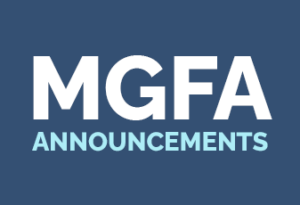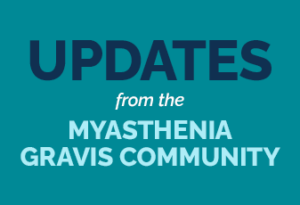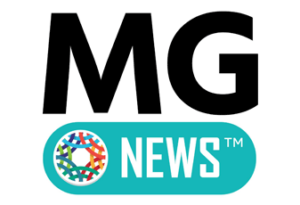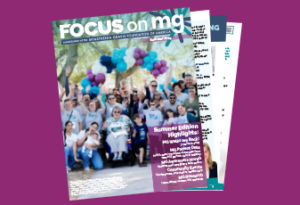We are your source for the latest, trusted information on myasthenia gravis. Sign up for our mailing list to receive information on research, clinical trial opportunities, and the latest news from the MGFA in your inbox.
Select updates about myasthenia gravis treatments, research, and advocacy. Read the latest news.




